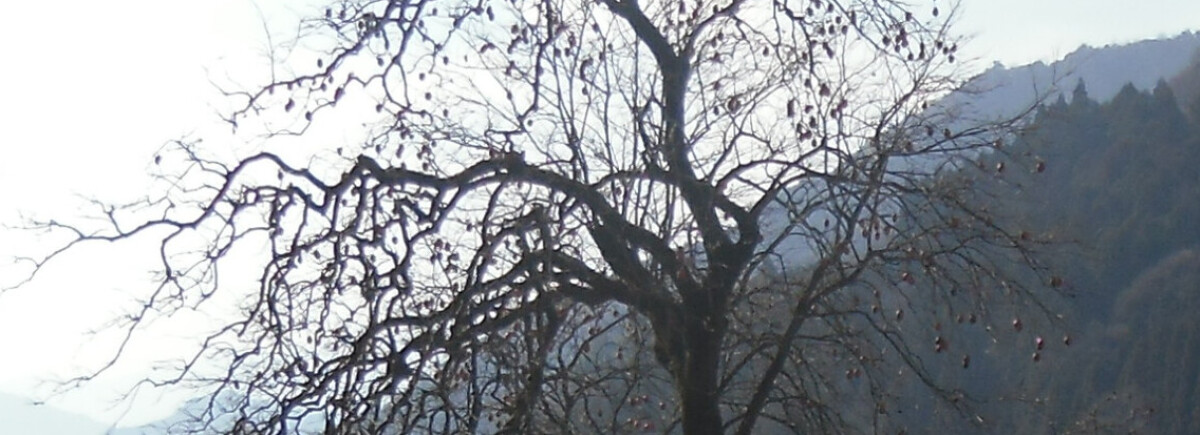Recent memes suggest that in the USA, it's been popular to single out Haitians for stereotypes to get people riled up. And also to demean and refute those memes: which is good, probably important. Maybe it's also a good chance to think about Haiti, and why the immigrants had to leave. Apparently it's one of the most beaten down and impoverished places in the world when it should be the freest, just as Bangladesh could have been one of the richest and most developed places like it was when Robinson Crusoe's writer wrote about it.. USA policies might make Haiti uninhabitable within a few generations. So people that want to reduce immigration should help change policy towards Haiti like they might want to stop the sanctions against Venezuela. And, of course people that have a better appreciation for Haitians (and Venezuelans) want to change the policy so people have better choices about where and how to live too.. (Paul Farmers work is another great place to look into!!)
The Tragedy of Haiti
"The First Free Nation of Free Men"
"Haiti was more than the New World's second oldest republic," anthropologist Ira Lowenthal observed, "more than even the first black republic of the modern world. Haiti was the first free nation of free men to arise within, and in resistance to, the emerging constellation of Western European empire." The interaction of the New World's two oldest republics for 200 years again illustrates the persistence of basic themes of policy, their institutional roots and cultural concomitants.
The Republic of Haiti was established on January 1, 1804, after a slave revolt expelled the French colonial rulers and their allies. The revolutionary chiefs discarded the French "Saint-Domingue" in favor of the name used by the people who had greeted Columbus in 1492, as he arrived to establish his first settlement in Europe's New World. The descendants of the original inhabitants could not celebrate the liberation. They had been reduced to a few hundred within 50 years from a pre-Colombian population estimated variously from hundreds of thousands to 8 million, with none remaining at all, according to contemporary French scholars, when France took the western third of Hispaniola, now Haiti, from Spain in 1697. The leader of the revolt, Toussaint L'Ouverture, could not celebrate the victory either. He had been captured by deceit and sent to a French prison to die a "slow death from cold and misery," in the words of a 19th century French historian. Medical anthropologist Paul Farmer observes that Haitian schoolchildren to this day know by heart his final words as he was led to prison: "In overthrowing me, you have cut down in Saint-Domingue only the tree of liberty. It will spring up again by the roots for they are numerous and deep."1
The tree of liberty broke through the soil again in 1985, as the population revolted against the murderous Duvalier dictatorship. After many bitter struggles, the popular revolution led to the overwhelming victory of Haiti's first freely elected president, the populist priest Jean-Bertrand Aristide. Seven months after his February 1991 inauguration he was driven from office by the military and commercial elite who had ruled for 200 years, and would not tolerate loss of their traditional rights of terror and exploitation.
"As soon as the last Duvalier had fled Haiti," Puerto Rican ethnohistorian Jalil Sued-Badillo recounts, "an angry crowd toppled the statue of Christopher Columbus in Port-au-Prince and threw it in the sea," protesting "the ravages of colonialism" under "a long line of despots" from Columbus to Duvalier, and on to today's rulers, who have reinstated Duvalier savagery. There were similar scenes in the neighboring Dominican Republic, subjected to a US-imposed terror regime after another Marine invasion in 1965 and a victim of IMF Fundamentalism from the early 1980s. In February 1992, President Balaguer "unleashed his security forces to beat peaceful demonstrators who were protesting the exorbitant expenditures shelled out for the 500-year celebration while the average Dominican starves," the Council on Hemispheric Affairs reported.
https://znetwork.org/wp-content/uploads/zbooks/www/chomsky/year/year-c08-s01.htmlhttp://www.africaspeaks.com/haiti/the-tragedy-of-haiti.htmlhttps://goodtimesweb.org/analysis/2015/Noam-Chomsky-1993-Year-501-The-Conquest-Continues.pdf-
https://znetwork.org/wp-content/uploads/zbooks/www/chomsky/year/year-c08-s01.html
